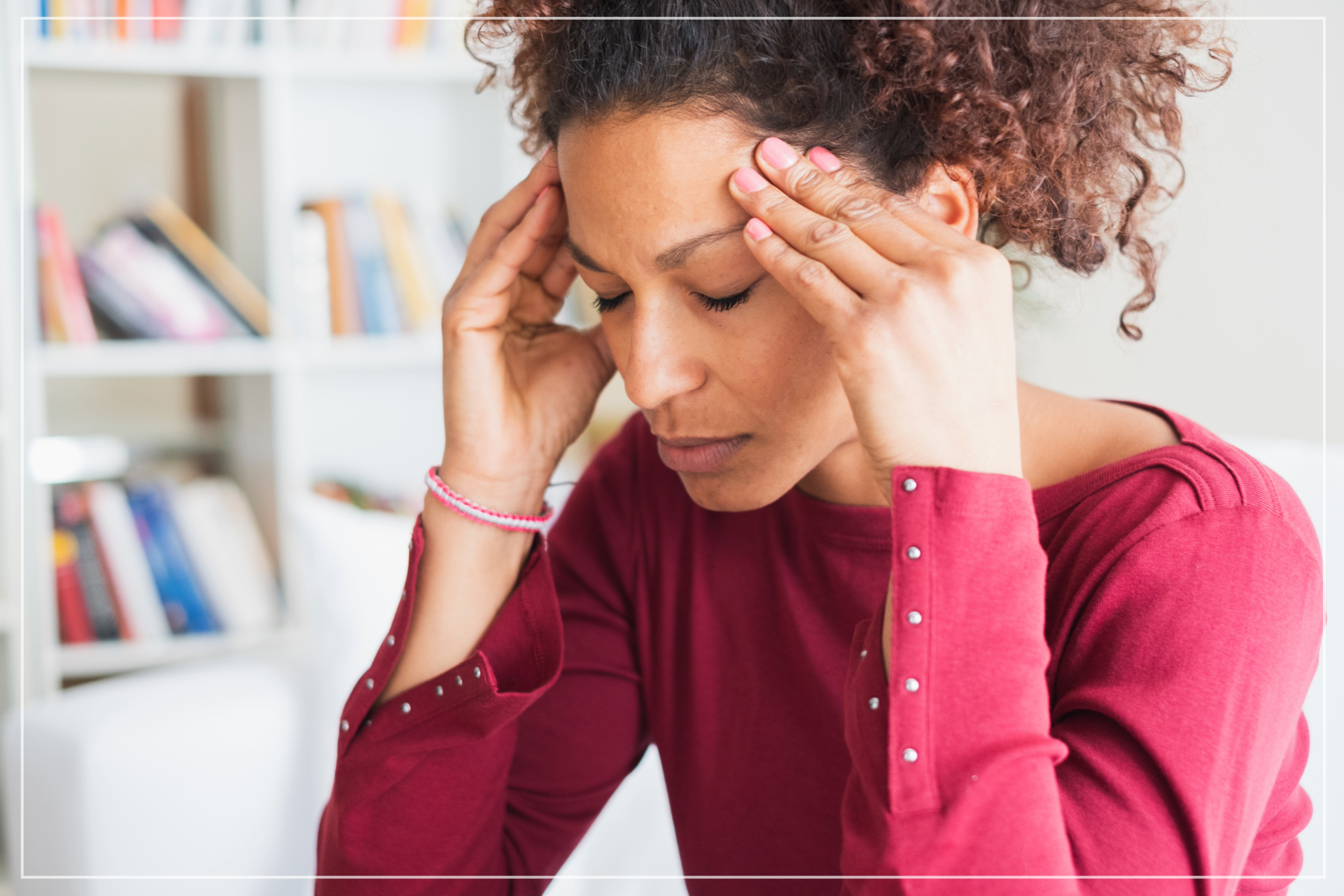
More Than Just a Pain. It’s a Message!
Ever experienced a nagging headache after a busy day? You might dismiss it as just another result of your hectic lifestyle. But what if it’s not just an ordinary headache? In fact, it’s your body’s way of indicating that something might be off.
Did you know that the food you’re eating could potentially be causing those headaches? Yes, it’s true! Certain foods, particularly those high in sugar or refined carbohydrates, can trigger these headaches. Imagine this: you’re grabbing a quick doughnut or a candy bar to keep your energy levels up during your busy day. But then, a headache strikes. Coincidence? Maybe not.
Here’s a list of common food triggers you might want to watch out for:
- Cheese, especially aged ones
- Processed meats, like bacon and hot dogs
- Monosodium Glutamate (MSG), often found in Chinese food and canned vegetables
- Artificial sweeteners, present in many diet drinks and sugar-free products
- Caffeine, which can be found in coffee, tea, and some sodas
- Alcohol, especially red wine and beer
- Even healthy foods like avocados, bananas, and citrus fruits if you’re sensitive to them
Now, this doesn’t mean you need to eliminate all your favorite treats. But it would be worth considering if what we’re eating is contributing to our headaches. Keeping a food diary can help identify any patterns and potential triggers.
Other factors such as irregular schedules, fluctuating blood sugar levels, or TMJ disorders can also trigger headaches. So, if you’ve been pulling all-nighters or skipping meals, it might be time to revisit your schedule.
And let’s not forget about dehydration. Not drinking enough water can also cause headaches, so make sure you’re staying hydrated!
The bottom line is this: our bodies are constantly communicating with us. And those headaches? They’re not just an inconvenience; they’re a message. So, let’s start listening and responding. Keep a food journal and observe your habits. Consider eliminating one or two food items for two weeks and then reintroducing them. This method could help identify the offending food. Don’t hesitate to seek advice from a healthcare professional that deals with nutrition if required. Being mindful of our health is one of the greatest gifts we can give ourselves.
Ann Louise Gittleman once said, “The body isn’t a machine to be controlled, but a system to be balanced.”
So, let’s strive for that balance, and do what we can to stay healthy!
————-
Sources:
Healthline (https://www.healthline.com/health/headache-after-eating)
Cleveland Clinic (https://my.clevelandclinic.org/health/diseases/22573-hunger-headache)
SapnaMed (https://www.sapnamed.com/blog/headaches-after-eating-possible-causes-and-treatments/)
GenesisPain (https://www.genesispain.com/why-do-i-have-a-headache-right-after-eating-anything/)
NYTimes (https://www.nytimes.com/2022/04/26/well/eat/carbs-sugar-headaches-migraines.html)
NCBI (https://www.ncbi.nlm.nih.gov/pmc/articles/PMC3696968/)
American Migraine Foundation (https://americanmigrainefoundation.org/resource-library/diet/)
